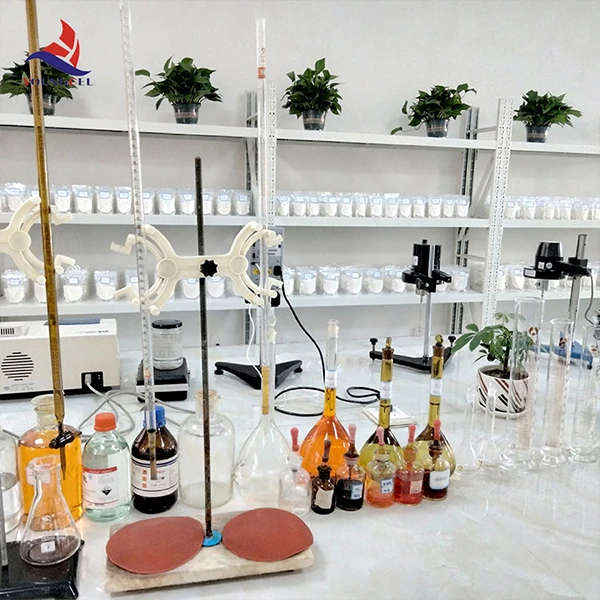The Role of Additives in Concrete Enhancing Performance and Durability
Concrete is one of the most widely used construction materials in the world, prized for its strength, durability, and versatility. However, the properties of concrete can vary significantly depending on its composition, mixing methods, and environmental factors. One way to optimize concrete performance is through the use of additives, which can modify its characteristics to better suit specific applications.
The Role of Additives in Concrete Enhancing Performance and Durability
One of the most common types of chemical additives is plasticizers, also known as water-reducing agents. These compounds increase the workability of concrete without the need for additional water, allowing for a more fluid mix that is easier to handle and place. This is particularly beneficial in intricate constructions or areas with restricted access. Using plasticizers can also lead to a denser final product, enhancing its strength and reducing permeability, which is essential for structures exposed to moisture.
additive for concrete

Another critical category of chemical admixtures is retarders and accelerators. Retarders slow down the setting time of concrete, which is advantageous in hot weather conditions, allowing for extended working time. On the other hand, accelerators speed up the curing process, which is crucial in cold weather or for projects requiring rapid turnover. Both types of additives help maintain the integrity of concrete under varying climatic conditions.
In terms of mineral additives, fly ash, silica fume, and slag cement are widely used due to their eco-friendly properties and performance benefits. Fly ash, a byproduct of coal combustion, not only reduces the amount of cement required but also improves workability and long-term strength. Similarly, silica fume enhances the density and mechanical properties of concrete, making it less permeable to harmful chemicals.
Moreover, the inclusion of these additives can significantly enhance the durability of concrete structures. For instance, adding superplasticizers can help mitigate issues related to sulfate and chloride attack, while other additives can improve alkaline resistance. This is vital for ensuring that infrastructures, such as bridges and tunnels, can withstand harsh environmental conditions and prolong their lifespan.
In conclusion, the integration of additives in concrete formulations plays a crucial role in enhancing the material's performance and durability. By selecting the appropriate additives, engineers and construction professionals can tailor concrete mixes to meet specific project requirements, thereby ensuring high quality and longevity in various construction applications. As the demand for innovative and sustainable construction solutions continues to rise, the use of concrete additives will undoubtedly play an essential role in shaping the future of construction materials.
-
Rdp Powder: Key Considerations for Wholesalers in the Building Materials IndustryNewsJul.08,2025
-
Key Considerations for Wholesalers: Navigating the World of Hpmc - Based ProductsNewsJul.08,2025
-
Hpmc Detergent: Key Considerations for WholesalersNewsJul.08,2025
-
Key Considerations for Wholesalers: China Hpmc For Tile Adhesive, Coating Additives, Concrete Additives, and MoreNewsJul.08,2025
-
Crucial Considerations for Wholesalers: Navigating the World of Construction MaterialsNewsJul.08,2025
-
Key Considerations for Wholesalers Sourcing Additive For Cement, Additive For Concrete, Additive For Putty from Additive Manufacturer Shijiazhuang Gaocheng District Yongfeng Cellulose Co., Ltd.NewsJul.08,2025




